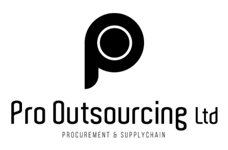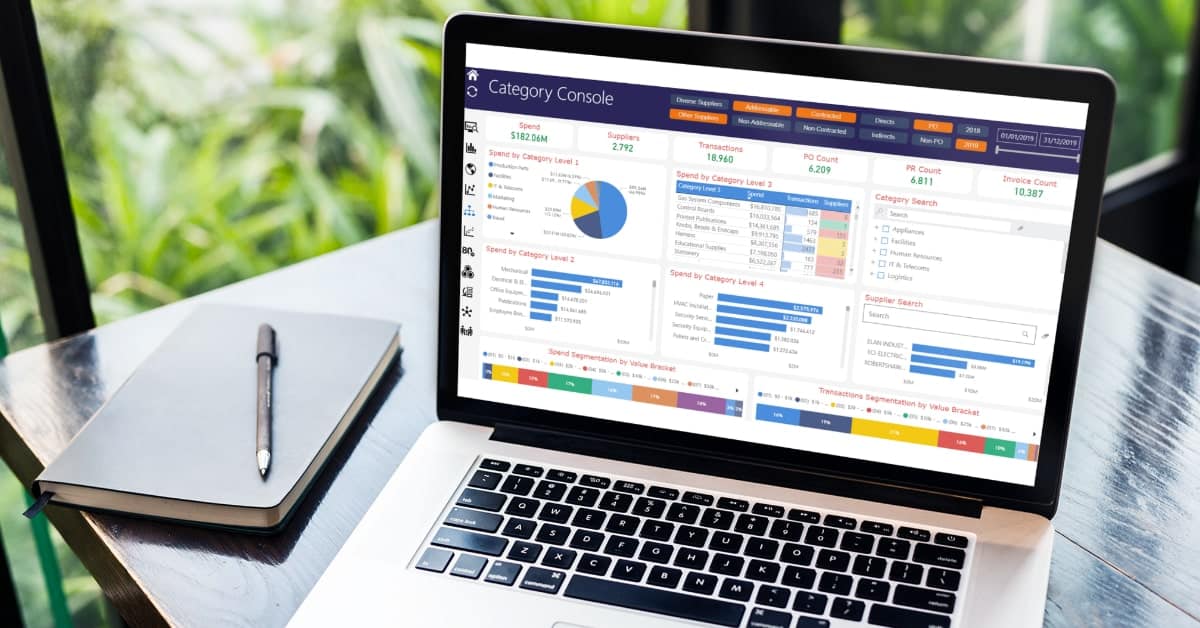Harnessing the Power of Data Analytics in Procurement and Supply Chain Management
Introduction: In the realm of procurement and supply chain management, the right supplier selection is paramount. Comprehensive supplier assessments are vital to ensure alignment with your organization’s core values, operational requirements, and strategic objectives. This article delves into the transformative role of data analytics in enhancing supplier assessments, leading to more informed decision-making and optimized operations.
The Crucial Role of Supplier Assessments:
Supplier assessments are the cornerstone of risk mitigation, quality enhancement, and the establishment of sustainable supply chain partnerships. Leveraging advanced data analytics, organizations can conduct thorough evaluations of potential suppliers, thereby reducing the likelihood of supply chain disruptions, subpar products, and unethical practices. Moreover, data-driven supplier assessments can help pinpoint suppliers that resonate with your organization’s ethos, such as environmental sustainability, social responsibility, and ethical business conduct.
Establishing Assessment Criteria:
Effective supplier assessments necessitate clear, customized assessment criteria that align with your organization’s unique needs. Factors to consider include financial stability, production capacity, quality control processes, certifications, industry standards compliance, environmental practices, and social responsibility initiatives. Data analytics tools can aid in the holistic evaluation of suppliers based on these criteria.
The Importance of Thorough Due Diligence:
Comprehensive due diligence is a critical step in supplier assessments. This involves gathering extensive information about the supplier’s background, track record, and reputation. Site visits, references from existing customers, and verification of certifications and audit reports are all part of this process. Data analytics can streamline this process, providing valuable insights and ensuring compliance with quality standards and ethical practices.
Risk Assessment:
Identifying and mitigating potential risks associated with each supplier is a critical component of supplier assessments. Data analytics can provide insights into risks such as financial instability, supply chain disruptions, labor issues, or geographical vulnerabilities. By understanding and addressing these risks upfront, organizations can minimize potential disruptions to their supply chain.
Ongoing Supplier Performance Evaluation:
Beyond the initial selection process, data analytics can facilitate ongoing performance evaluations for existing suppliers. Key performance indicators (KPIs) can be established to regularly measure performance in areas such as on-time delivery, quality control, responsiveness, and customer service. This enables organizations to identify areas for improvement and make informed decisions regarding supplier retention or replacement.
The Power of Collaboration and Communication:
Supplier assessments should not be a solitary endeavor. Encouraging collaboration and open communication with suppliers throughout the assessment process can lead to mutually beneficial relationships. Data analytics can provide the necessary insights to foster effective communication channels, align goals, and build strong partnerships.
Conclusion: Comprehensive supplier assessments, powered by data analytics, are crucial for selecting reliable and ethical partners in procurement. By defining assessment criteria, performing thorough due diligence, assessing risks, evaluating supplier performance, and fostering collaboration, organizations can mitigate risks, ensure product quality, and build strong and sustainable supply chain relationships. Remember, supplier assessments should be an ongoing process, and organizations should continuously monitor and evaluate their suppliers’ performance to maintain a robust and reliable supply chain network.

